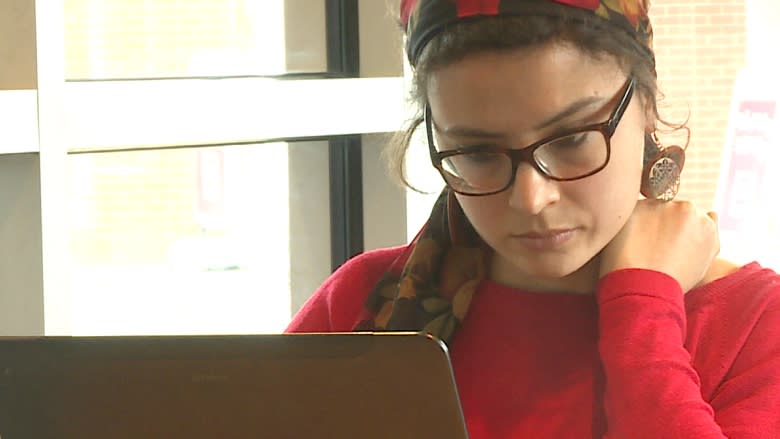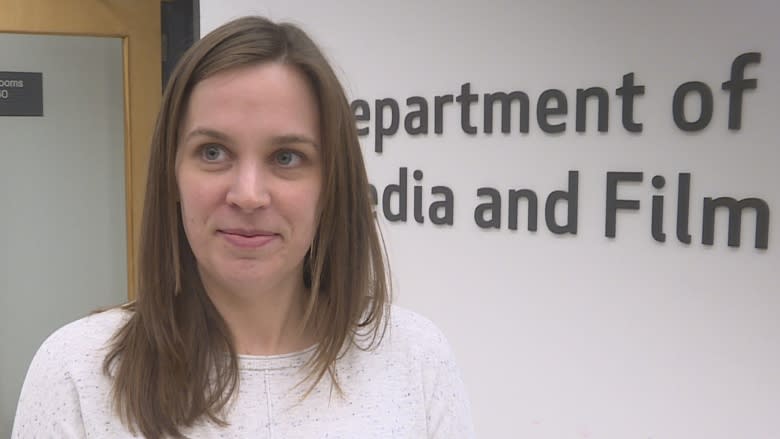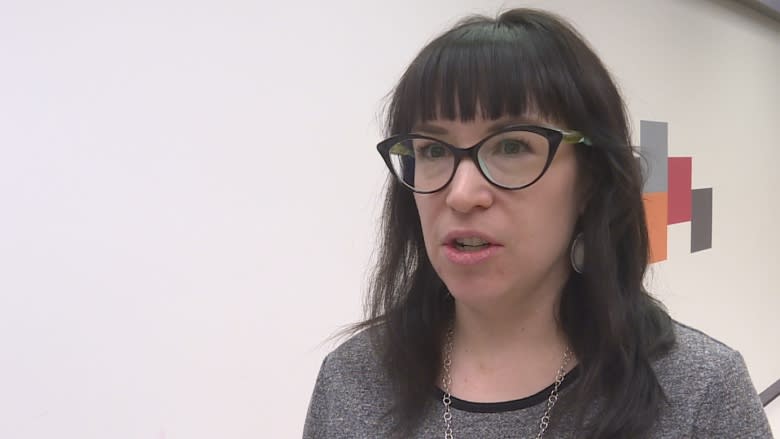U of C axes hundreds of journal subscriptions as 'big 5' publishers jack up prices
Students and faculty were shocked and frustrated to learn U of C has cancelled subscriptions to hundreds of online journals in a bid to save $1.5 million, but blame publishers for what one called "a totally unsustainable publishing model in academic work."
"At least three of the required readings from [my] candidacy exam were not accessible through the library website," said Aida Nciri, a PhD student in the Department of Geography.
"I feel a bit upset because, if I had to take my candidacy exam now, I don't know how I would manage to reach these articles."
Five publishers dominate more than half of the market for academic journals, said University of Calgary head librarian Tom Hickerson, and every year the so-called "big five" raise the price to access articles.
"Even if we had more money, we cannot buy our way out of this," Hickerson said. "We really have to change the model."
The U of C's list of cancelled journals now exceeds 1,600 titles and the library expects to save $1.5 million in subscription fees this year.
Universities across the country have made similar decisions recently, saying they can't afford to keep up with rising journal prices.
Last fall, the University of Ottawa announced it was cancelling thousands of journal subscriptions to help address a $1.9-million shortfall in its library budget.
And last January, Memorial University of Newfoundland ended its subscriptions to four major publisher packages, which collectively contained around 4,000 journals and cost $1.4 million. It renewed about 2,000 subscriptions through cheaper third-party companies that restrict access to new articles until a year after they're published.
Professor Tamara Shepherd and her colleagues at the University of Calgary's Department of Communication, Media and Film are frustrated.
"First of all, there was a bit of a shock, outrage response that we all had to our top journals in our fields being cut, which are journals we use all the time and are absolutely essential for doing our jobs," Shepherd said.
"It's easy to place blame on the library for cutting them, but really the problem lies with the publishers, because there's a totally unsustainable publishing model in academic work."
Jessalyn Keller, an assistant professor in the same department, agrees.
"It makes me mad and it worries me because it's an ongoing trend and it's going to actually be continuing over the next few years," she said.
While it is still possible to access articles from cancelled journals via an interlibrary loan, Keller said the process is cumbersome and can take days to process.
"It takes a long time to submit an interlibrary loan ... and then we would only get the one article," she said. "So we wouldn't be able to look through the whole issue, and just kind of skim things."
Nciri said the rising price of journals is the "elephant in the room" and many academics are frustrated.
"When you a scholar and you are writing for these publications, you are not paid. You don't have any copyrights for each article that you're publishing. They're peer-reviewed, and the peer reviewers are not paid either," she said.
"And the paradox is that if you want to publish in an open-access journal, you have to pay," she added.
"This is very frustrating, especially when you know that most of the funding for universities is coming from taxpayers. So that means taxpayers are paying the private publishers."





